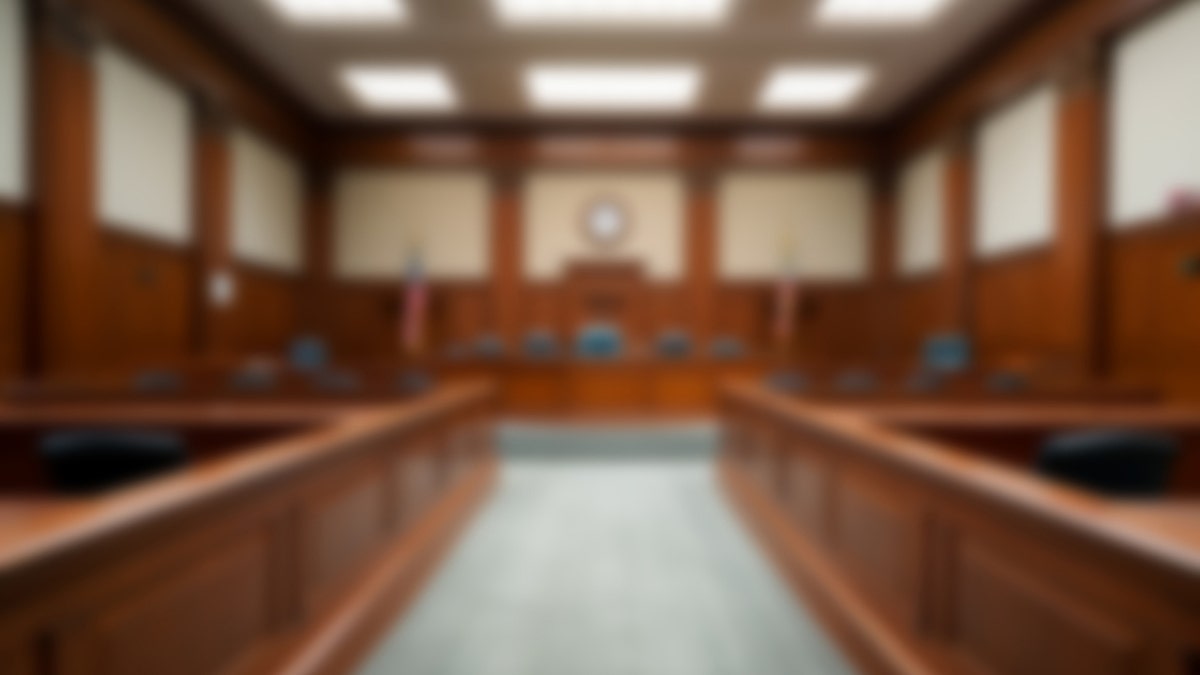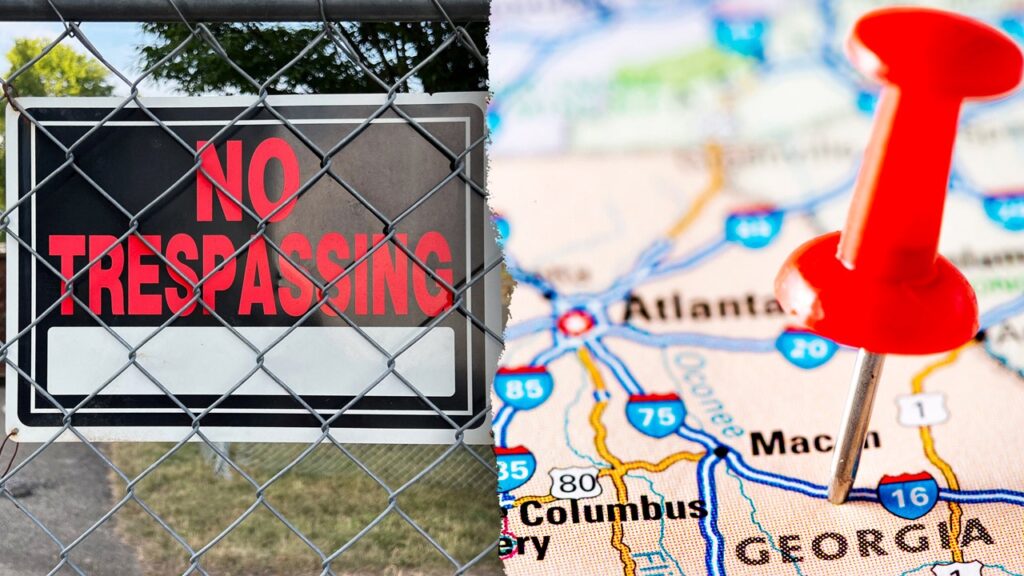Georgia is one state that has strengthened penalties for squatters, and made the process of evicting squatters a faster process for homeowners.
The Georgia Squatter Reform Act was signed by Gov. Brian Kemp back in April 2024. The law, in part, makes squatting a criminal offense and speeds up the eviction process for squatting cases.
“Unfortunately, bad actors have figured out ways to take advantage of this, exploit, really the process that goes through the local government. So we’re passing legislation that I’m going to sign right after this interview to stiffen the penalties, to go after these folks, to also speed up the eviction process. But, also, allow the property owner to go after these squatters for damages,” Kemp previously said on “Fox & Friends” when discussing the legislation.
MENTAL, PHYSICAL AILMENTS CAN DEVELOP AMONG HOMEOWNERS OVERTAKEN BY SQUATTERS, ACCORDING TO EXPERT
“This is insanity, that people just think they can come in and take over somebody’s home. I mean it’s just outrageous,” Kemp said.
The signing of the Georgia law came shortly after Gov. Ron DeSantis signed a similar law a month before in Florida.
“I’m sure it’s much of the same, just using the legal powers that we have to push up the process,” Kemp said regarding how the Georgia bill is similar to the Florida bill. “I mean, look, it’s insane that it even happens, to start with. But, then, when you can’t remove these people from your own property, as a property owner myself, it goes to the insanity of the world that we’re living in now and I know that Governor DeSantis isn’t going to put up with that, and neither are we,” Kemp said.
A sponsor of the bill, Rep. Devan Seabaugh of Marietta, spoke with Fox 5 Atlanta about the Squatter Reform Act and how it will help cases move through court more rapidly.
“What we’ve done with this bill is it will go to magistrate court, a non-jury trial, to expedite that,” Seabaugh said in March 2024.

SELF-HELP EVICTION METHODS TO REMOVE SQUATTERS COULD LEAD TO LEGAL TROUBLE FOR HOMEOWNERS
“If they present a lease, they have three days to present that lease to the court. The court has seven days to make a determination if that’s a good lease or a fake lease,” he told the outlet.
In the past few years, Georgia has seen an uptick in squatter cases that have been brought to court, according to a report by the Pacific Legal Foundation, which reported an upward trend in squatter cases beginning in 2019.
Kyle Sweetland, research manager for the Pacific Legal Foundation, previously told Fox News Digital that he used Georgia’s “centralized record system” to gather data.
“In Georgia, there are certain legal codes that are related to squatting, where I was able to actually check and see that these cases are, in fact, dealing with squatters,” Sweetland previously told Fox News Digital.
“It’s a very rough estimate, I believe, but it’s an accurate estimate of what sort of cases are being filed that are talking about squatters in these states at a broader level,” Sweetland said of the data, which was pulled from 25 of Georgia’s 159 counties.
SQUATTER LAWS IN CALIFORNIA ALLOW POTENTIAL TENANCY RIGHTS AFTER 30 DAYS IN A PROPERTY
Other laws that have been associated with squatter cases are adverse possession laws. Just as each state has its own sets of laws regarding squatting situations, each state has its own requirements that must be met in order for adverse possession to be considered.
Adverse possession occurs when an individual takes possession of property owned by another person when a certain set of requirements are met.
The adverse possession laws of Georgia require an individual to occupy a property for 20 years before potentially being able to claim it, according to FindLaw.com. If the color of title is in the individual’s possession, then this timeline is decreased to seven years.
The adverse possession laws of the state are laid out in code section 44-5-161, and include, but are not limited to, requirements such as a person’s possession being “public, continuous, exclusive, uninterrupted, and peaceable, plus, being “accompanied by a claim of right.”
Adverse possession has often been used synonymously with “squatters’ rights.”
Read the full article here

